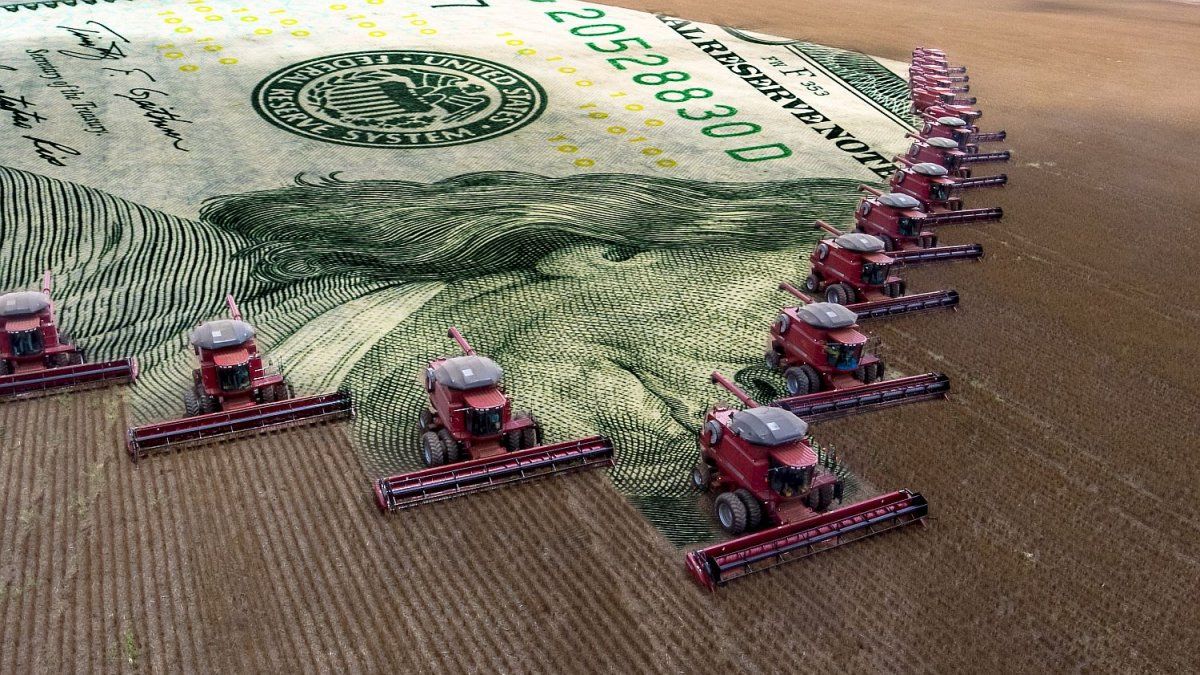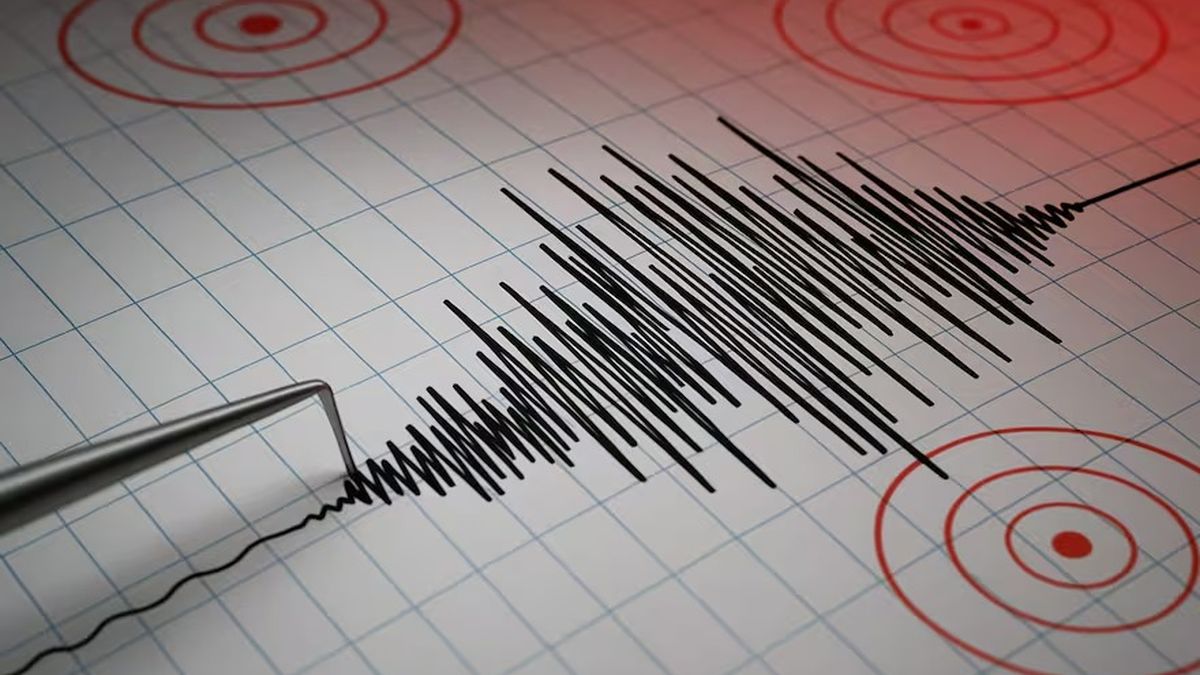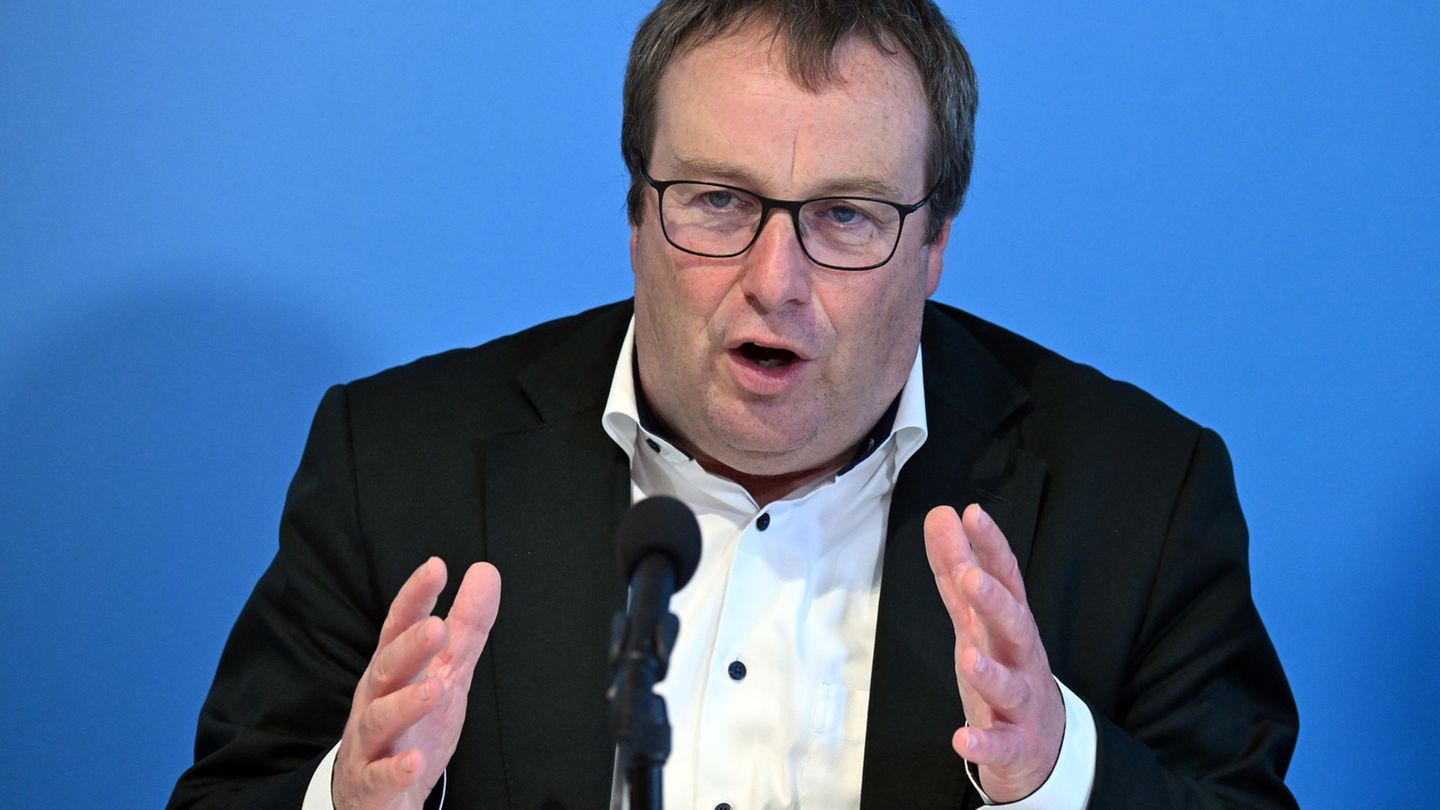“Fridays for Future” has brought something into general awareness that insiders have been warning about for decades: the globalized, capitalism-driven lifestyle is destroying planet earth. Global warming can hardly be denied. The only “advantage” is that this happens gradually. In stark contrast to the corona pandemic, which has paralyzed social and economic life for billions of people. Suddenly everyone could feel how vulnerable and interdependent we are.
The question of justice and injustice is even more acute in the crisis. Nobody should and must not get under the wheels. Sustainability is the need of the hour. Rethinking is announced. But how? What is important? The Zell Castle Talks on Friday, May 6th and Saturday, May 7th aim to develop perspectives for a “good life for everyone” from a socio-ethical, ecological and spiritual perspective. Experts pass on their knowledge to the participants at a discussion evening and workshops. The OÖ Nachrichten act as media partners.
Registration: Tel. 0732/7720 51200, schloss-zell.post@ooe.gv.at.
“Finally act instead of just talking”
Bjarne Kirchmair, Fridays for Future
How should and can we succeed in stopping climate change?
Science has been making precise recommendations for action for years so that we can stop climate change. Everything is at hand. Politicians just have to finally stop talking and start acting.
What does each one of us have to pay attention to so that we can all still live well tomorrow?
Quite simply that our politicians should finally create the framework conditions in which we as a society can live and do business in a sustainable manner.
The pandemic has shown how vulnerable we are as a society. How can we manage together to do (more) justice to the earth and to people in the future?
No more subsidies for fossil fuels or technologies. Wind and solar energy should be expanded as quickly as possible in order to become independent from countries that violate human rights. Finally, expand public transport on a large scale and tax climate-damaging behavior appropriately.


“Common good before individual interests”
dr Helga Kromp-Kolb, climate researcher and meteorologist at Boku Vienna
How should and can we succeed in stopping climate change?
The only thing that is certain is that if we do nothing, we will not stop climate change. Regardless of the chances of success, we have no choice but to do everything in our power. Specifically, this means bringing emissions to net zero globally by 2050 and nationally by 2040 at the latest.
What does each one of us have to pay attention to so that we can all still live well tomorrow?
That everyone does not use more resources than they are entitled to. We have to say goodbye to the idea of being able to maintain the standard of living – but we can achieve a gain in quality of life. Climate protection can be the way to a world that is fairer and worth living in for most people.
The pandemic has shown how vulnerable we are as a society. How can we manage together to do (more) justice to the earth and to people in the future?
We need an economic system that is no longer geared towards maximizing profits and does not need to grow in order to be stable. And we need a state that sees the problems and wants to solve them without putting individual interests ahead of the common good.


“Smart politics, cultural change, new economies and technologies are needed”
dr Katja Winkler, Institute for Christian Social Sciences at the KU Linz
How should and can we succeed in stopping climate change?
The research clearly shows that stopping climate change still requires tremendous effort, and it is needed now. The state, business, international institutions and civil society must work together and bring about the necessary massive changes. They have to fundamentally change their actions – and that will hurt.
What does each one of us have to pay attention to so that we can all still live well tomorrow?
The creation of new structures requires the accommodating way of life of individuals. Anyone who calculates their personal ecological footprint sees that we live at the expense of our environment. It certainly makes sense to reduce your own energy consumption, especially for living, consumption and mobility, i.e. to do without it to a certain extent. Political commitment to a fair climate policy is also necessary so that we can live well again tomorrow.
The pandemic has shown how vulnerable we are as a society. How can we manage together to do (more) justice to the earth and to people in the future?
We can learn from Corona times that societies organized in solidarity come through crises better. Solidarity also contributes to eco-social justice when it comes to climate protection. Organizing societies and global contexts in solidarity and, above all, showing solidarity with the poor means standing up for ecological change. Those who caused the pollution must bear the cost.


Source: Nachrichten




